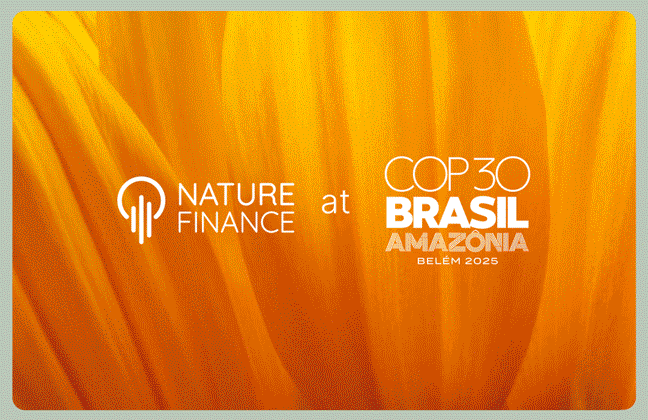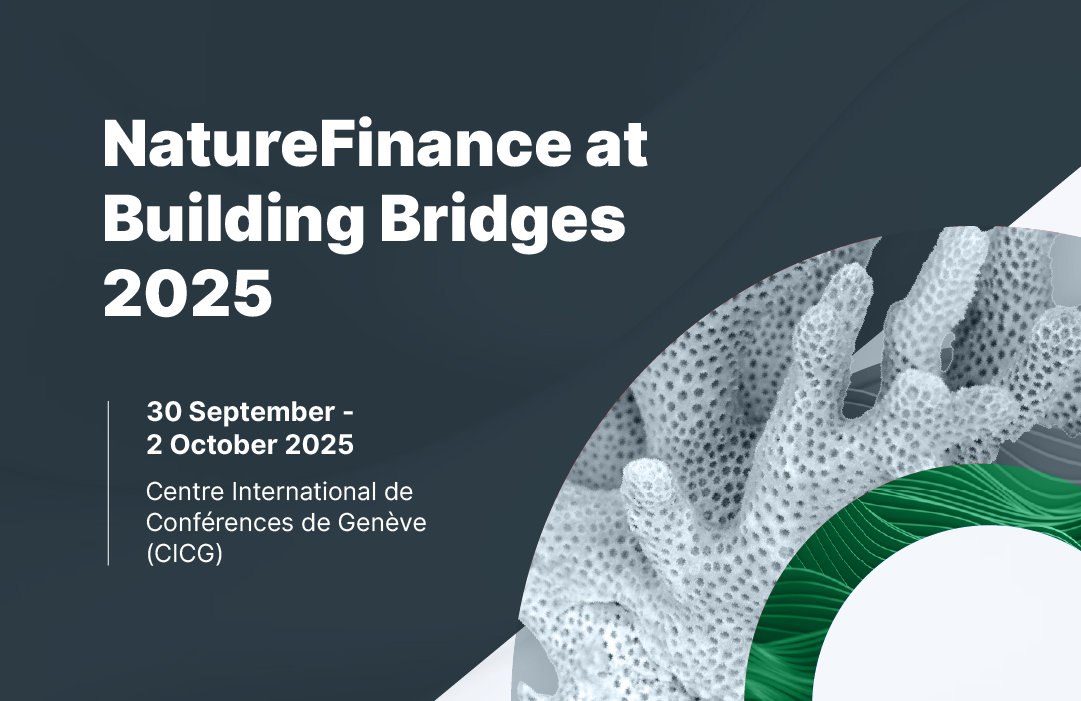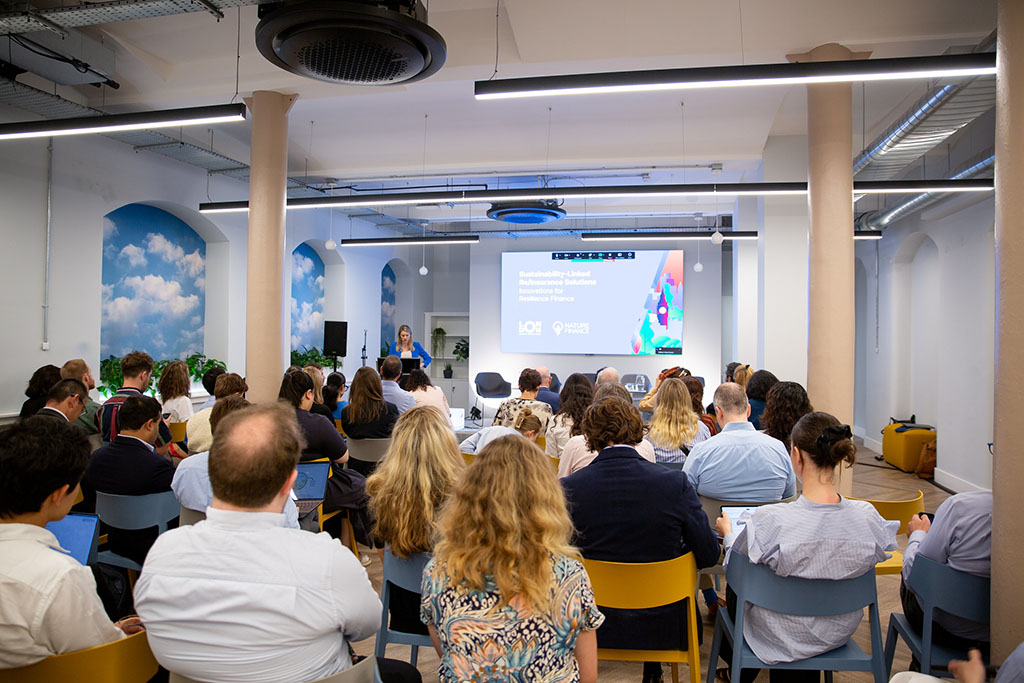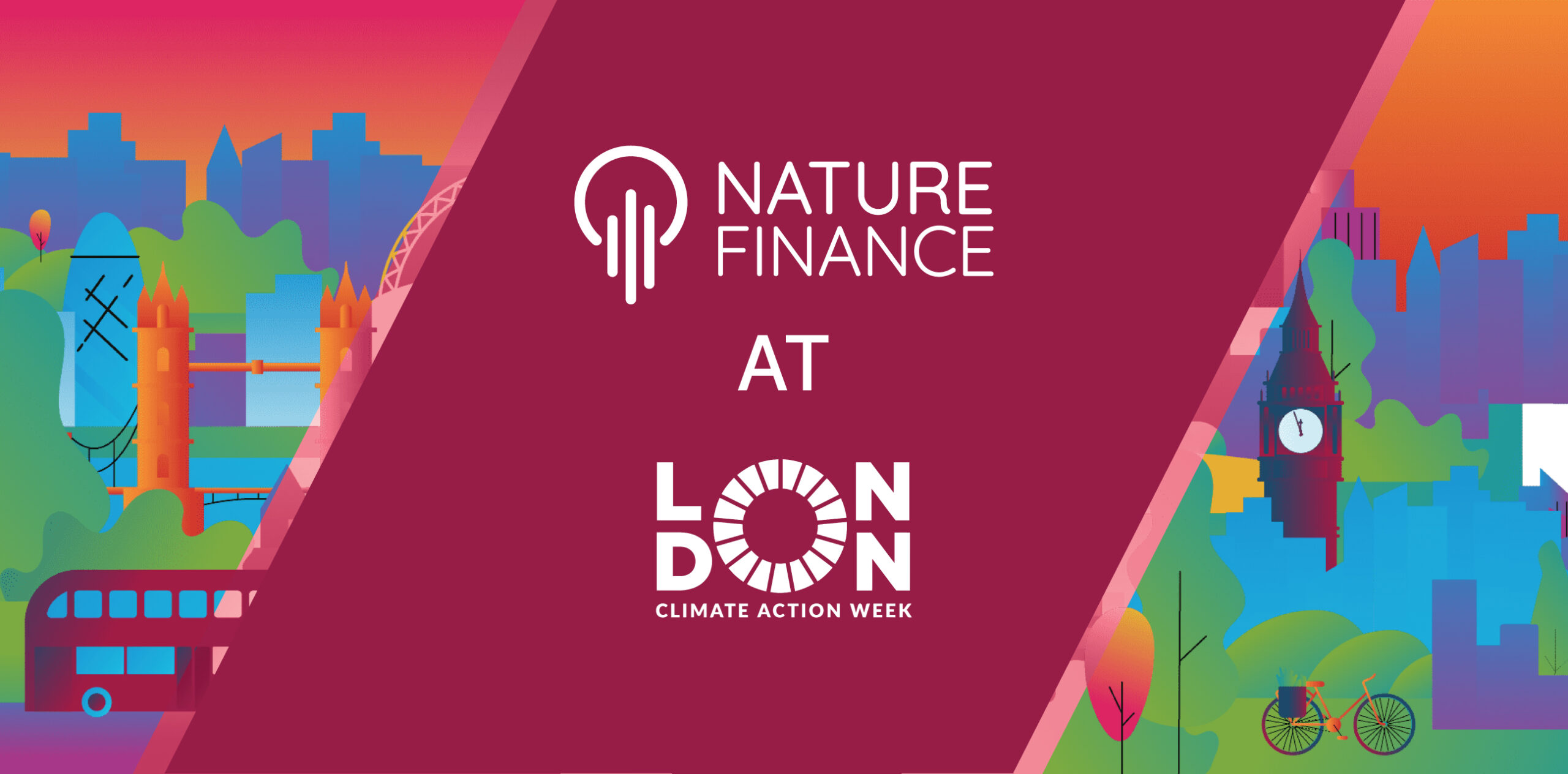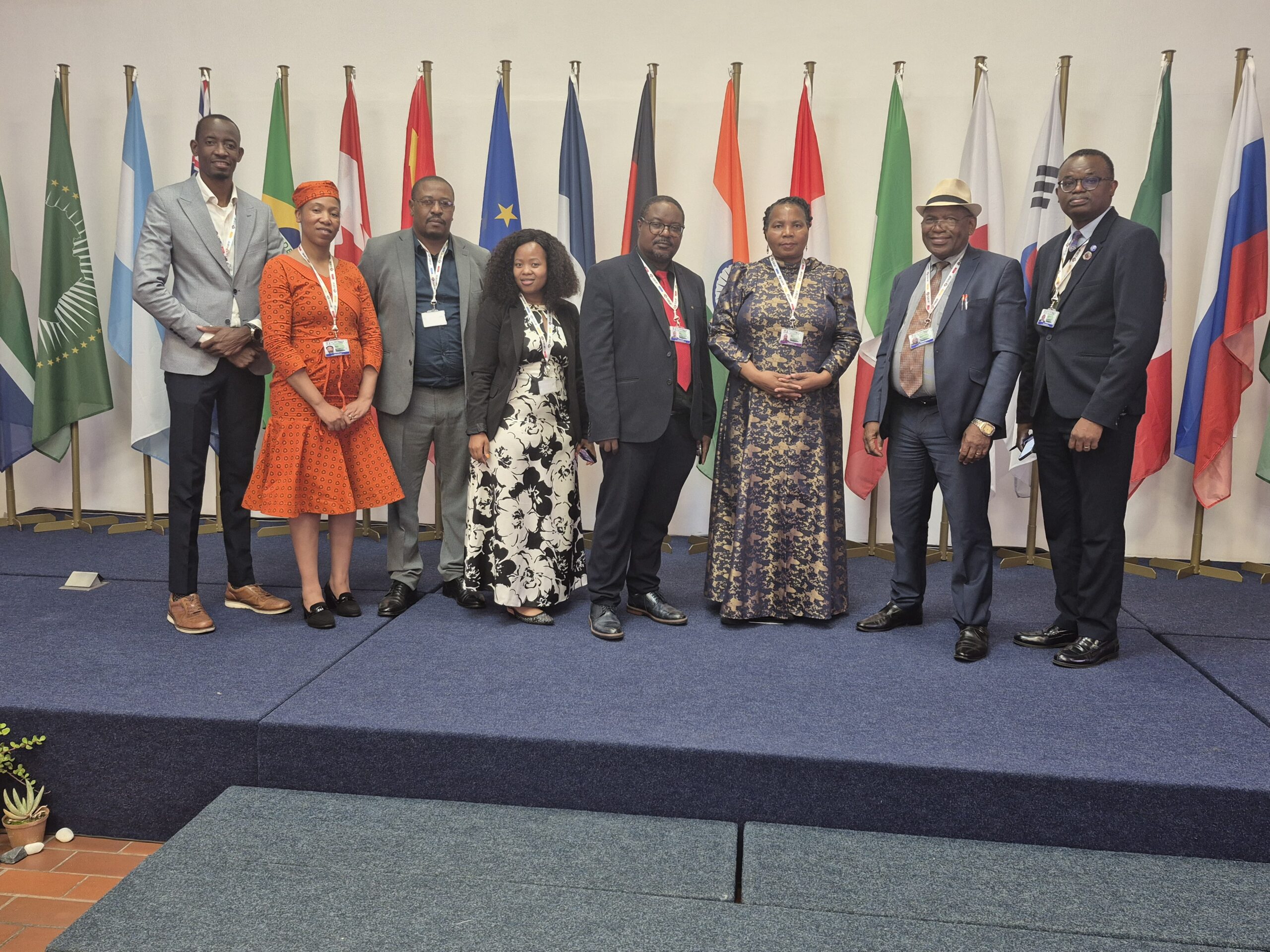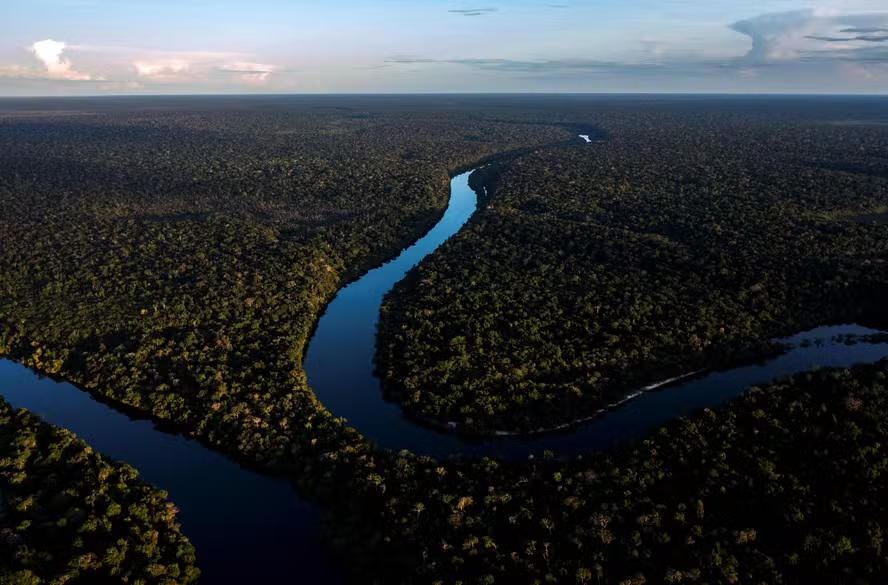Nature Finance: Harnessing the Wave
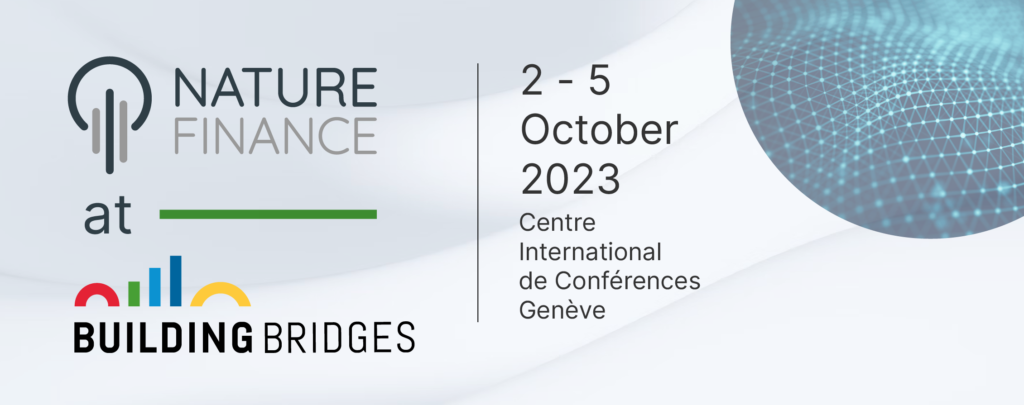
In the year since NatureFinance officially launched on October 5th 2022, the Global Biodiversity Framework (GBF) was agreed by nearly 200 countries, new research said we could exceed 1.5C warming by 2027, the credibility of voluntary carbon markets was rocked, and seismic geopolitical changes threatened to split the world order in two just as we need multilateralism the most.
In the meantime, our US$105 trillion economy remains completely dependant on nature, and as the 6th IPCC assessment tells us – nature is critical to fighting climate change.
Growing awareness of nature’s value has seen a massive shift towards pricing nature into markets.
7 ambitious recommendations from the Taskforce on Nature Markets detail how this shift could be harnessed to embed nature and equity goals into global financial activity – from advancing traceability in the global food markets, and ensuring carbon markets and emerging biodiversity credit markets deliver fair prices, to mandating nature crime-free value chains.
“What’s next for Nature Markets” ︳Tuesday 3rd October at 17h-18h30 CET
A dynamic debate on how these recommendations can be implemented by policy makers, market actors and citizens. Read More
Illegal nature markets are the third largest source of illegal financial flows globally.
These highly lucrative markets cover the trading of products of environmental crime and are estimated at up to US$1.5 trillion-2 trillion. An estimated 30 tonnes of gold are illegally extracted from the Brazilian Amazon every year, worth roughly US$1.86 billion, and directly contributes to deforestation on a large scale, the violation of indigenous and other protected areas, abuse of human rights and pollution of ecosystems.
The Brazil – Switzerland gold value chain is a good illustration of how this plays out in reality.
“Cleaning up the Brazilian Gold Value Chain” ︳ Wednesday 5th October 10h-11h30 CET
Explore steps that Brazil is taking to eliminate illegal gold from its production and trade, contributions that Swiss players are making and the role of the Swiss financial sector in supporting Brazil’s efforts. Read More
Disclosure of nature-related risks has steadily advanced…
This includes the recently launched TNFD framework providing guidance for companies and investors in assessing and publishing their nature-related impacts, dependencies, risks and opportunities.
However, disclosure alone will not be enough to enable and hold financial actors accountable for transitioning businesses and economies along a timely, net zero, nature positive trajectory – we need to align global finance with nature positive goals.
“Tools for a Nature Positive Transition” ︳ Tuesday 3rd October 13h30 -14h30 CET
Explore tools and metrics for corporate and financial sectors to chart their net-zero and nature positive pathways – including results of the Alignment Tool JGP Crédito pilot, and announcing pilots for SEED – the world’s most sophisticated biodiversity measurement tool. Read More
The dual climate and nature crises are equally linked to the sovereign-debt emergency faced by half of the world’s emerging and developing economies.
The Sustainability-linked Sovereign Debt Hub is implementing a vision of a new sovereign financing architecture able to address the triple challenge of public debt distress, climate shocks and nature degradation.
Sovereigns, asset managers and data/technology providers interested in innovative KPI-linked financing solutions such as sustainability-linked bonds and debt-for-nature swaps may wish to join a closed-door dialogue on 4th October 15h -16h CET, at the CICG Geneva, during Building Bridges.
Expressions of interest to attend can be sent to ✉️ ceandra.faria@naturefinance.net
Nature is complex, and all the more so when it interfaces with market dynamics.
Early-stage investors are vital in making the right bets on businesses that will shape the nature markets we need. Yet they rarely have the resources or institutional arrangements to either internalise or out-source the requisite capabilities and networks.
Join us for a short pitch on the Nature Investor Circle and how it’s meeting the needs of early stage investors in nature positive ventures.
Tuesday 3rd October at 13h-13h15 CET in the Building Bridges, CICG ‘Pitch’ space (level 0)
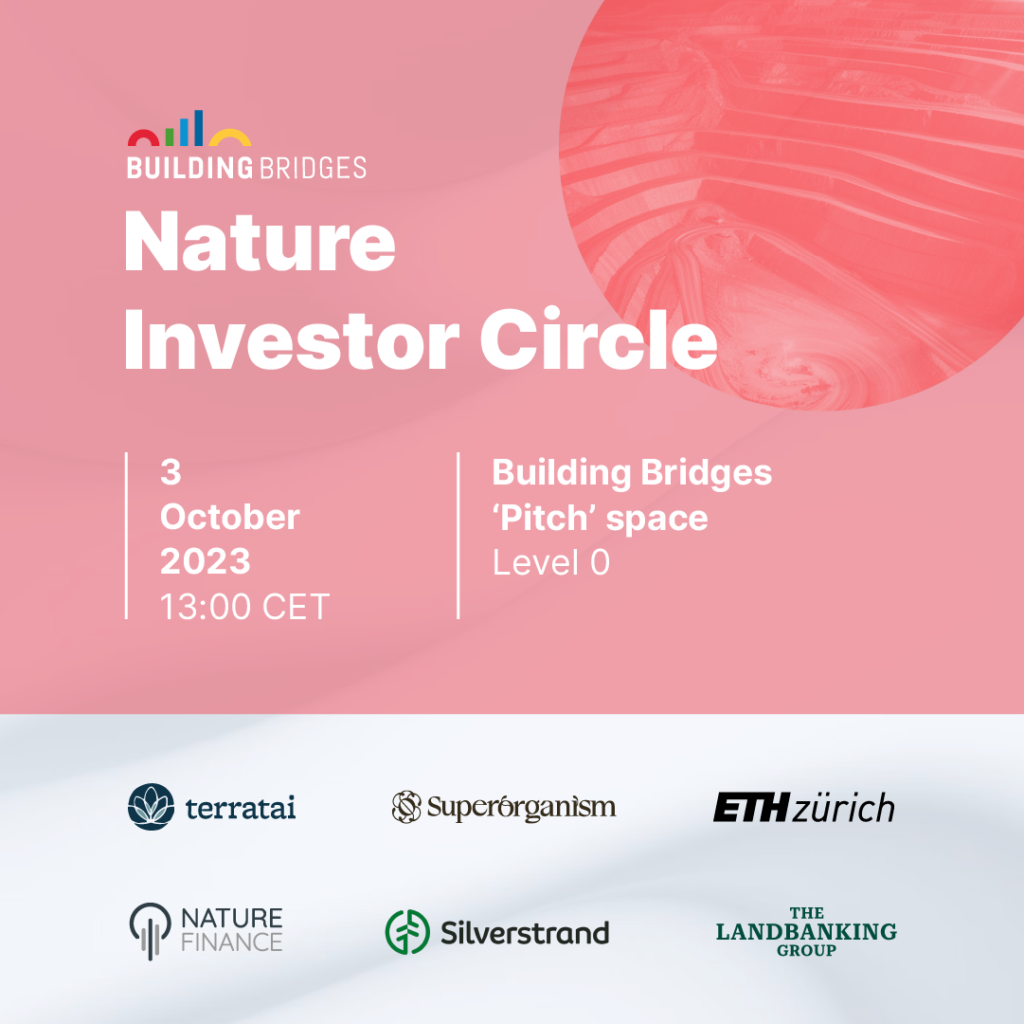
One year on from NatureFinance’s 2022 launch at Building Bridges, the stakes are still high.
In the words of NatureFinance’s founding supporter, Andre Hoffman, “if we don’t get this right the human adventure may not last long.”
Convening multiple voices, expertise and perspectives has to be our point of departure in developing cutting-edge thinking, research, products and tools. Through these collaborations, and partnerships, we can accelerate best practices and initiatives that can deliver alignment of global finance with nature positive outcomes.
We look forward to seeing you at Building Bridges 2023.
Reading list:
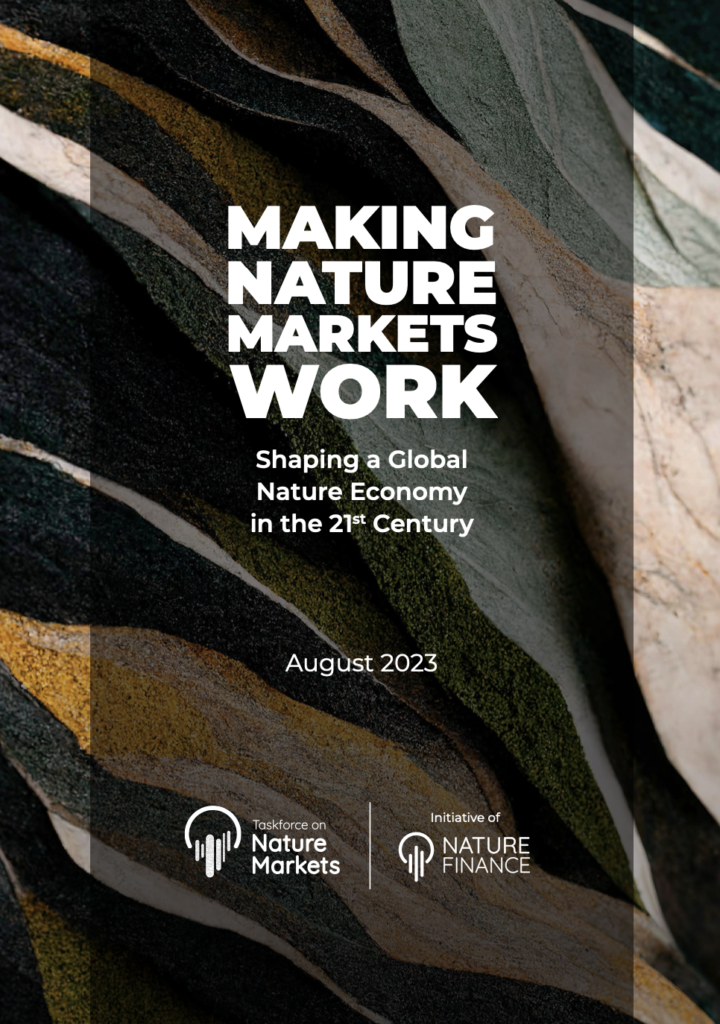
Analysis of four specific nature markets (food, credits, illegal and finance) and 7 recommendations for policy makers, market actors and citizens to catalyse a global nature economy.
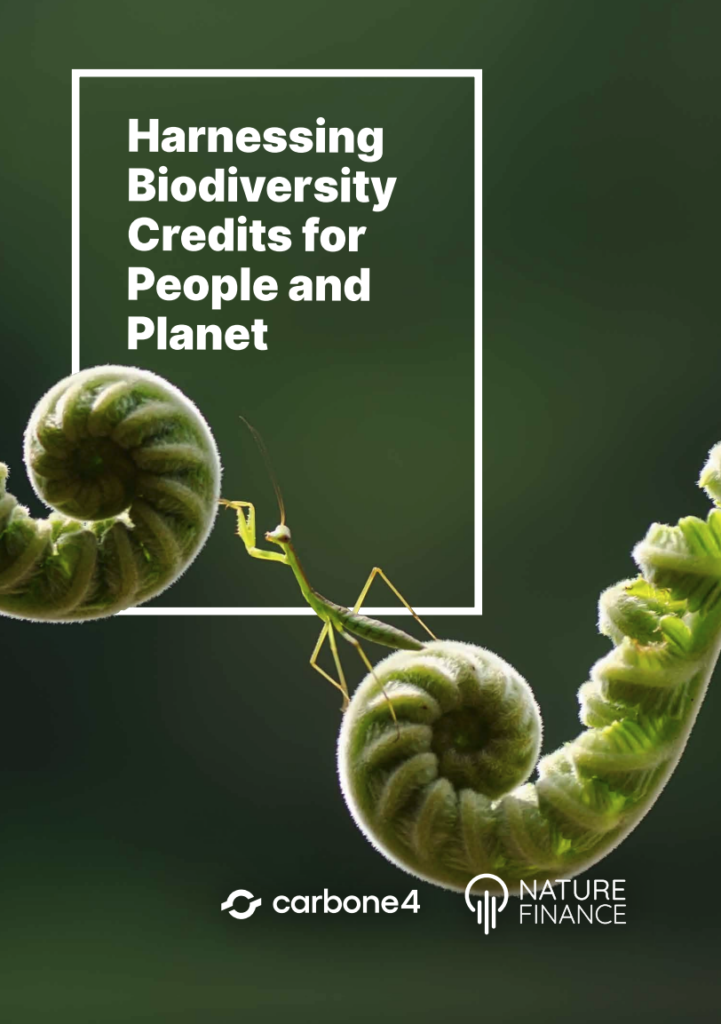
Harnessing Biodiversity Credits for People and Planet
Identifying 5 key design challenges in the development of high-integrity biodiversity markets.
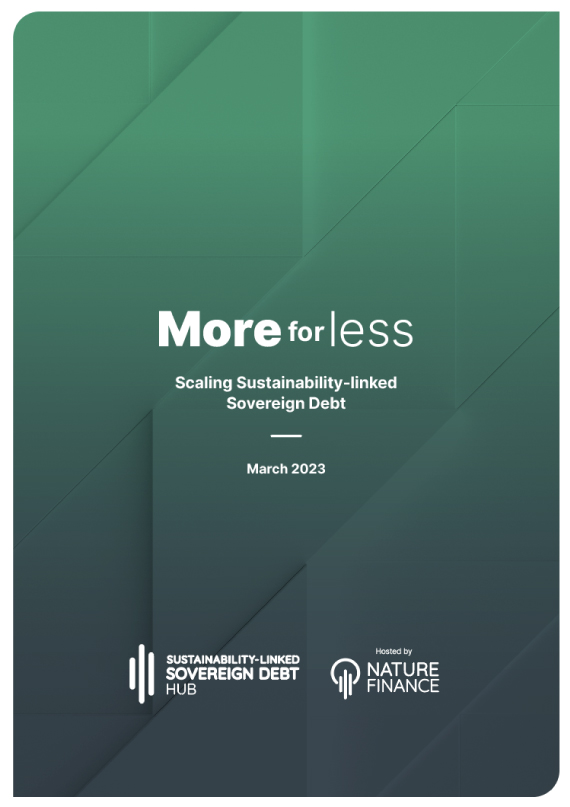
More for Less: Scaling Sustainability-linked Sovereign Debt
Find out how sustainability-linked debt can address the triple challenge of public debt distress, climate shocks and nature degradation.
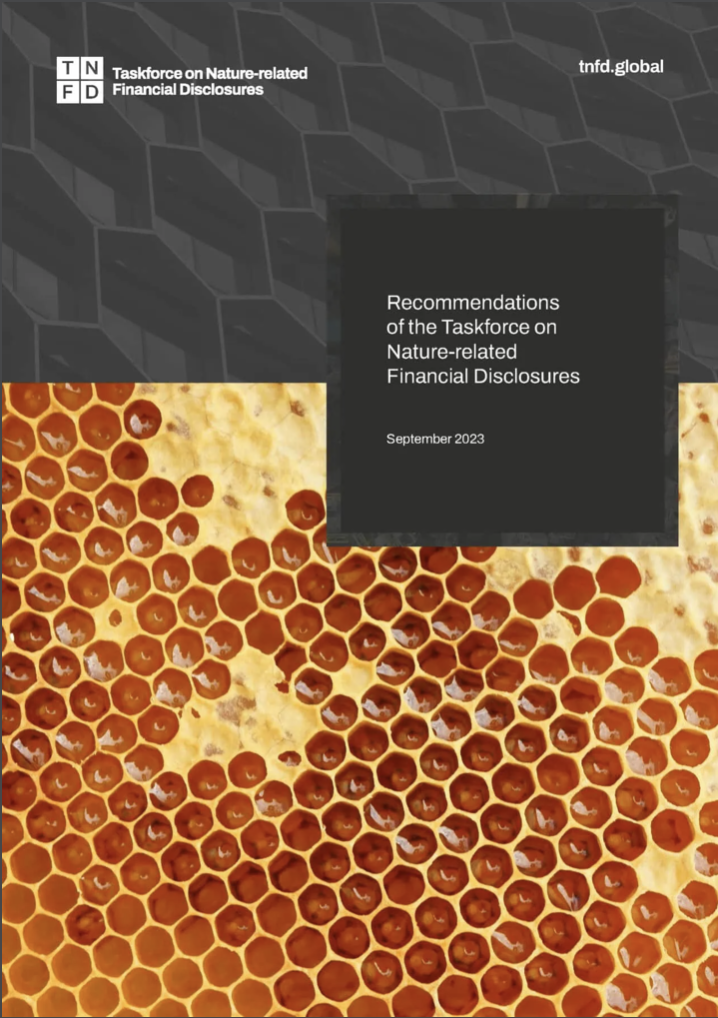
General requirements for nature-related disclosures and recommended disclosures structured around four pillars: governance, strategy, risk and impact management, and metrics and targets.

